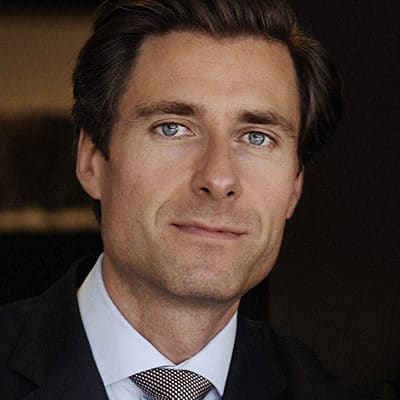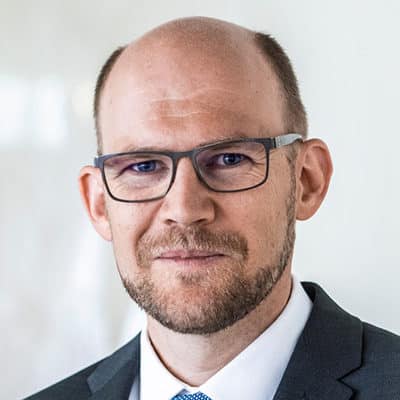
The family office as VC investor
Venture capital is an attractive investment opportunity: the market is highly dynamic — and thus has corresponding potential for value growth. As a result, some family offices have become serious players in the venture capital industry in recent years. Some make investments as co-investors alongside VC funds, others, like us, go it alone. A family office as a venture capital provider is attractive for founders and for the family members: In contrast to venture capital funds, which usually remain committed for around five years, our investment horizon for direct investments, for example, is deliberately long-term at seven to twelve years. That’s an unusually long time in the start-up scene. It is often important to entrepreneurial families that their capital is used wisely and productively.
On the one hand, it’s about carrying on the name that comes from a family business with a tradition that goes back several hundred years. On the other hand, there is a desire to live the philosophy interwoven with the company’s history also as a current and future investment strategy. The capital is to be invested in companies. This is exactly what happens with venture capital: money is invested in companies to finance growth and does not go to outgoing shareholders as in the case of a traditional company purchase.
- Question: What is the advantage for a young company to gain an FO as an investor?
Family offices have decisive strengths: Unlike private equity or venture funds, they do not have to withdraw their money after a few years and usually have no time limit on their investments. This enables them to think in the longer term. A core argument that sets them apart from the competition. And also the reason why, for example, we have been selected for various investments. What’s more, family offices have a high level of post-financing power. In addition, unlike traditional buyouts, venture capital is not leveraged with debt. This often makes families feel more comfortable. Founders expect — and rightly so — more than money from their future co-partners. They expect support for growth. The more concrete, the better. This is not about co-managing, it is about being a sparring partner for strategic issues and bringing in experience and networks that a young company cannot yet have.
Family offices have decisive strengths: Unlike private equity or venture funds, they do not have to withdraw their money after a few years and usually have no time limit on their investments. This enables them to think in the longer term. A core argument that sets them apart from the competition. And also the reason why, for example, we have been selected for various investments. What’s more, family offices have a high level of post-financing power. In addition, unlike traditional buyouts, venture capital is not leveraged with debt. This often makes families feel more comfortable. Founders expect — and rightly so — more than money from their future co-partners. They expect support for growth. The more concrete, the better. This is not about co-managing, it is about being a sparring partner for strategic issues and bringing in experience and networks that a young company cannot yet have.
To stay good in the long run, you have to face the competition. And the network that a good circle of shareholders brings can only help us and our investments. When Warren Buffett cooperates with others, anyone who doesn’t must ask themselves if they are doing the right thing. This is another reason why we have opened up our direct shareholdings to third parties. For the first time since our founding eleven years ago, we decided at the beginning of 2017 to include external entrepreneurs and entrepreneurial families in our group of shareholders and to invest together in young companies. And very focused, exclusively in companies in the growth phase and exclusively in e- commerce companies and in companies with a digital business model, which includes FinTechs in particular.
As far as the size of our investments is concerned, we remain true to our strategy: In a first step, we invest in the order of 2 to 3 million euros and increase our stake to 5 to 10 million euros if the companies are successful. Knowing a company better from the inside reduces our risk, and our post-financing secures the companies’ growth prospects and facilitates financing. Both sides benefit from this.
About Dr. Michael Riemenschneider
Managing Director Dr. Michael Riemenschneider has been Managing Director of the Family Office since its foundation in 2006 and is mainly responsible for investments in companies and the capital market.
Dr. Riemenschneider worked for Boston Consulting Group as a strategy consultant, studied industrial engineering at the University of Karlsruhe and earned his doctorate at the University of St. Gallen.



